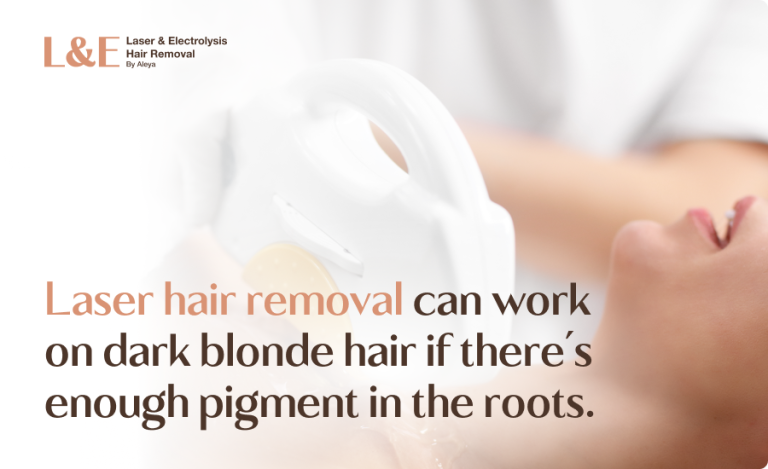Can Laser Hair Removal Cause Unwanted Hair to Grow?

Before you undergo laser hair removal treatment, it’s best to know all the facts so that you have the most positive outcome.
When not executed by an experienced professional, or when performed on an unqualified candidate, laser hair removal can result in some undesirable side effects. One of these, ironically, can actually be a stimulation of unwanted hair growth.
A closer look explains this odd phenomenon and how to avoid it.
How Laser Hair Removal Works
Laser hair removal works on the principle that dark colors absorb more light and heat than light colors. If your skin is lighter than the hair you wish to remove, the heat from a laser light will get absorbed by the darker hair. It then travels down the hair shaft and into the hair follicle, which gets hot enough to literally explode.
The process depends on the hair being darker than the skin, which is why laser treatments are not recommended for those with dark or tanned skin. In these people, the heat from the laser is more evenly absorbed across the hair and the skin itself. As a result, the hair follicles don’t get hot enough to be destroyed.
What Causes the Unwanted Growth
Your body grows two types of hair. The long, dark hairs are called terminal hairs. These are the hairs laser removal targets. You’re also covered in vellus hairs. These are the thin, light hairs that make peach fuzz.
Vellus hairs are too pale to absorb heat from a laser. In theory, this means that laser light won’t affect them. In practice, however, some people find that their vellus hairs grow darker and coarser after hair removal treatment.
Doctors understand why hair removal treatments don’t destroy vellus hairs, but they don’t understand why the laser light sometimes stimulates them. One theory is that the heat from the laser injures vellus follicles but does not destroy them. Proponents of this theory believe that the damaged follicles heal themselves and start to create terminal hairs in the process.
Another theory, published by the American Society for Laser Medicine and Surgery, suggests that the laser may stimulate the growth of dormant stem cells that produce terminal hairs. More research is needed, however, to fully understand this phenomenon as it applies to hair removal treatments.
Test Quote blo
Prevention
The good news is that experts estimate only around 1 percent of those who undergo laser treatment notice darkening vellus hairs. The bad news, however, is that no one can promise you that you won’t be part of that 1 percent
The only guaranteed way of avoiding vellus hair darkening is to avoid treating areas where you have vellus hairs. Consider, for example, treating the hair on your lower leg but not your thighs, which are more likely to contain vellus hairs.
If you need to treat an area that contains vellus hairs, such as your chin or upper lip, consider a two-pronged approach. Use electrolysis to remove the vellus hairs and then use laser treatment to remove the terminal hairs you want rid of.
Expert Laser Hair Removal on Long Island
The best way to ease your concerns about this unwanted side effect of hair removal is to schedule a consultation with a laser hair removal expert.
An experienced technician knows how to evaluate your individual situation and guide you towards your best hair removal solution.
Schedule your appointment at Laser by Aleya today.

![Top Bikini Laser Hair Removal Styles [Illustrations & FAQs]](https://www.laserbyaleya.com/wp-content/uploads/2025/06/bikini-laser-hair-removal-hero-image-updated-768x469.png)
